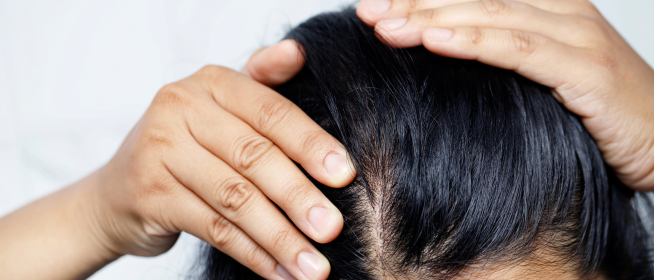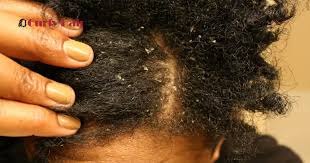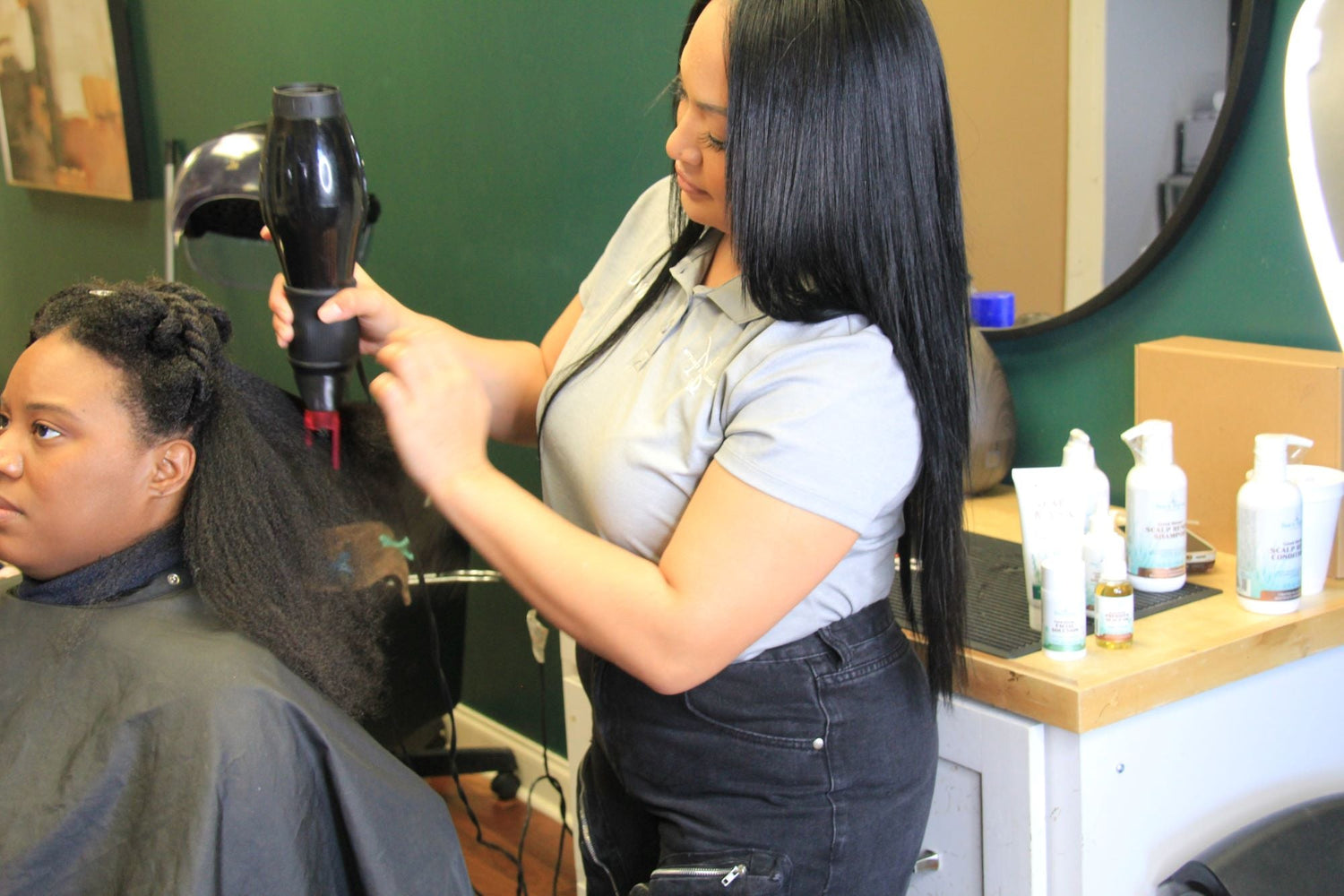Skincare is the range of practices that support skin integrity, enhance its appearance, and alleviate skin conditions. These practices can include cleansing, moisturizing, sun protection, and the use of various treatments for specific skin issues like acne, dryness, or aging.
Skincare
Why is it important?
Skincare is not all about the looks; Regular skincare helps maintain healthy skin, prevents future problems, and can improve the skin’s appearance over time. Some of the main factors that affect the quality of one's skin is their diet, amount of sleep, and participation in exercise. The biggest organ on your body is your skin which is why it is essential to care for it ultimately helping your overall health.
Different Types Of Skin
Understanding the different skin types is crucial for creating an effective skincare routine. There are six different main skin types; Normal Skin, Dry Skin, Oily Skin, Combination Skin, Sensitive Skin, Acne-Prone Skin. Tailoring your skincare routine to your specific skin type ensures that your skin gets the care it needs to stay healthy, balanced, and radiant.
“Every Kind of Skin is Beautiful, Embrace your own Uniqueness"
Normal Skin: Balanced Conditions
Normal skin is a skin type that is typically well-balanced, neither too oily nor too dry. Mostly, normal skin is categorized by it's smooth, soft texture and small, barely visible pores. Maintaining normal skin is to preserve its balanced condition while preventing potential issues.
Steps to maintaining normal skin includes using a gentle facial cleanser to remove any oil or dirt on your face, then apply a toning solution and lightweight serum to even out your skin tone. The last step is to apply a moisturizer and sunscreen for hydration and protection for your skin.
Dry Skin: Xerosis
Dry Skin is characterized by a lack of adequate moisture and natural oils. Having dry skin could mean rough and flaky texture and skin cracking and tightness. Excessive exposure to the sun, cold weather, medical conditions like eczema can cause these symptoms.
Hydration, moisture retention, and avoiding products that strip can strip and skin of its natural oils are the main things to focus on taking on dry skin. A helpful tip for those with dry skin is to drink plenty of water to help maintain skin hydration from within.
WEAR SUNSCREEN DAILY FOR PROTECTION FROM THE SUN!
Oily Skin: Excessive Sebum
"Skin is not necessarily prone to anything, but depending on your family history, immune system, lifestyle, etc., you can be more susceptible to different skin conditions."
Oily skin can run in families. It is distinguished by excessive oil production, leading to a shiny appearance, particularly in the T-zone.. It often has enlarged visible pores that can become clogged, resulting in acne and breakouts. Oily skin can be influenced by genetics, hormonal fluctuations, climate, and certain skincare products.
To prevent excessive oil production cleanse your face twice daily with foaming cleanser to remove excess oil without stripping the skin. The next step will using an exfoliant, moisturizer, and other oil-free products. If you have oily you may not want to use products containing oil-based ingredients.

Combination Skin: Dry & Oily
Combination skin features both oily and dry areas on the face. Typically, the T-zone (forehead, nose, and chin) is oily with visible shine and larger pores, while the cheeks and other areas can be normal or dry, sometimes feeling tight or flaky. This skin type can be influenced by genetics and hormonal changes. Proper care involves using a gentle cleanser, targeted moisturizers for different areas, regular exfoliation, and oil-free, non-comedogenic products to maintain balance and prevent breakouts.
Sensitive Skin: Fluent Irritation
Sensitive skin is characterized by heightened reactivity to various factors, leading to irritation, redness, itching, burning, dryness, and breakouts. When one has skin sensitivity they experience breakouts or rashes more easily. This skin type can be caused by genetics, skin conditions like eczema, environmental factors, certain skincare ingredients, and stress.
Care for sensitive skin includes using gentle, fragrance-free products, patch testing new items, keeping the skin well-moisturized, protecting it from the sun, and avoiding known irritants. Properly managing sensitive skin involves using gentle, soothing products and avoiding known triggers to maintain skin comfort and health.
Acne-Prone Skin
Acne-prone skin is a skin type that is particularly susceptible to developing acne, which includes various forms of pimples , blackheads, whiteheads, and cysts. This skin type consist of pores that easily become clogged with oil, dead skin cells, and bacteria. Often, it is associated with oily skin, although it can occur in any skin type. Common causes are fluctuations in hormones, particularly during puberty, menstruation, pregnancy, and excessive oil production.
Proper care includes gentle cleansing, using non-comedogenic and oil-free products, regular but moderate exfoliation, using topical treatments with acne-fighting ingredients, staying hydrated with lightweight moisturizers, maintaining a balanced diet, and protecting the skin from the sun. Consistent management helps control breakouts and maintain clearer skin.
Lifestyle practices to improve the quality of your skin
Daily Habits
Keep a balanced diet rich in fruits, vegetables, lean proteins, and healthy fats. Drink plenty of water throughout the day to keep your skin hydrated. Your body needs to rest, so aim for 7-9 hours of quality sleep each night to allow your skin to repair and regenerate. Also, engage in regular physical activity to improve circulation and promote healthy skin.
What to avoid?
Avoid using harsh skincare products that can strip your skin of its natural oils. Refrain from touching your face frequently to prevent the transfer of dirt and bacteria. Lastly, make sure to limit smoking and alcohol consumption, as they can negatively affect your skin's health and appearance.








